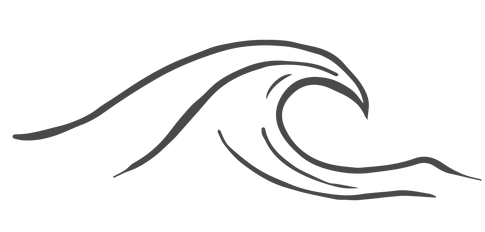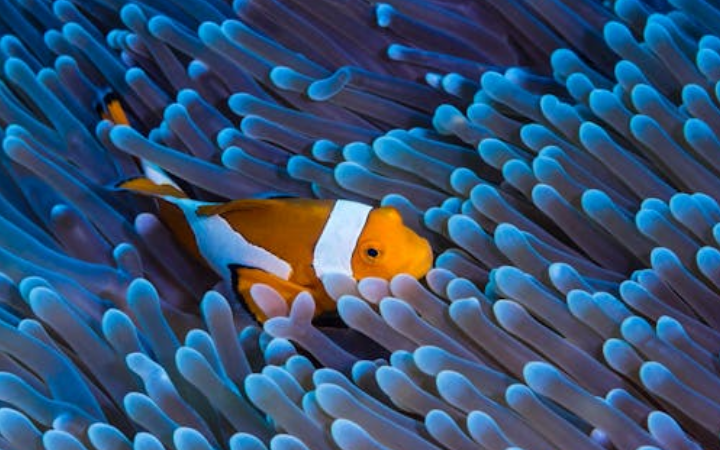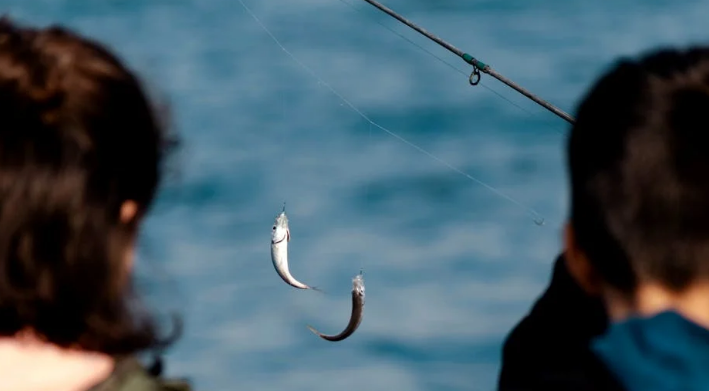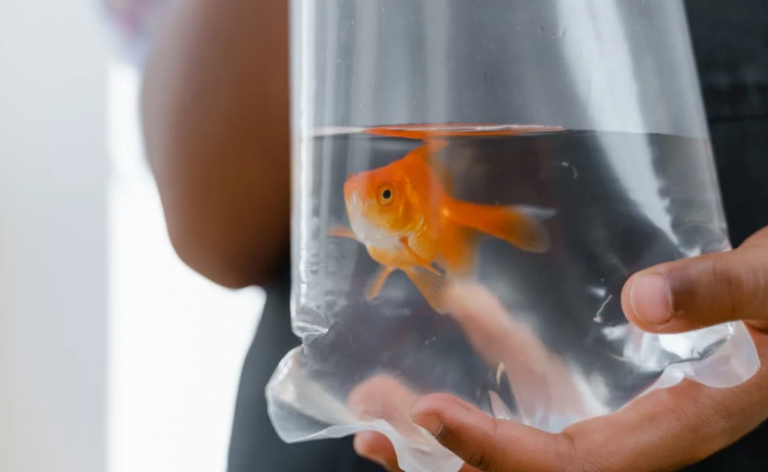It’s a beautiful sunny day out on the water. You’re cruising along in your speedboat, enjoying the wind in your hair and the spray of the waves. Suddenly, you spot a small fishing boat up ahead. What do you do? If you’re like many boaters, you might be tempted to zoom right past. But that could be a big mistake.
Slowing down when passing fishing boats isn’t just polite – it’s crucial for safety. In this article, we’ll dive into all the reasons why throttling back is so important. We’ll look at the dangers of wakes, the rules of the water, and how to be a good neighbor out on the lake or ocean. By the end, you’ll understand why easing off the gas pedal is always the right move.
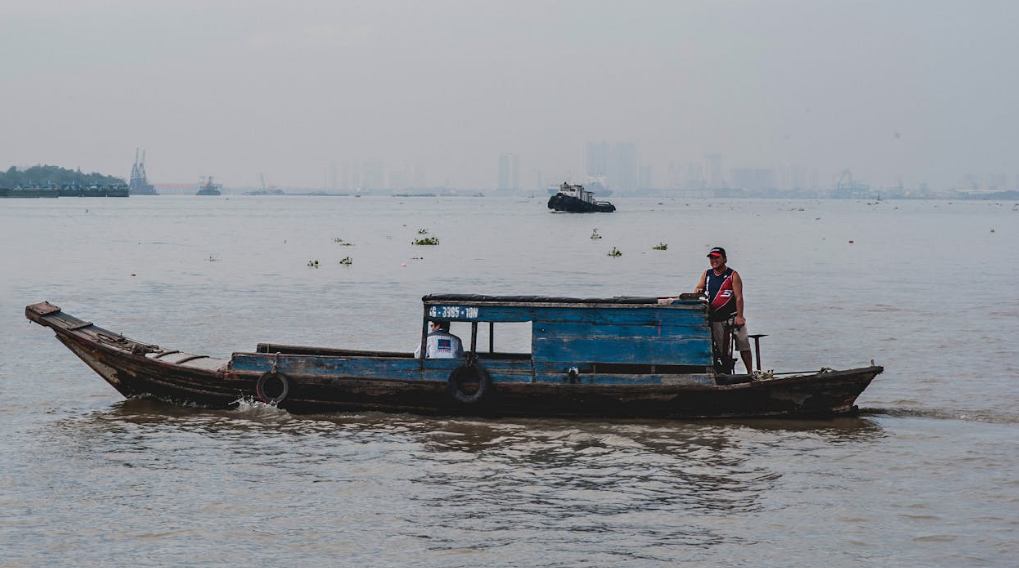
The Dangers of Boat Wakes
Let’s start with the biggest reason to slow down: wakes. When you zip past a smaller boat at high speed, you create a large wake behind you. This wall of water can cause major problems for fishing boats.
Rocking the Boat
A big wake can violently rock a fishing boat from side to side. This sudden motion is dangerous for several reasons:
- It can knock people off balance or even throw them overboard
- Fishing gear and other items may go flying
- The boat could take on water or capsize in extreme cases
Imagine trying to stand up in a small boat that’s being tossed around like a toy in a bathtub. Not fun! Now picture doing that while holding a fishing rod or trying to reel in a big catch. It becomes nearly impossible to fish safely.
Swamping
In addition to rocking boats, large wakes can actually swamp smaller vessels. This means waves wash over the sides and flood the boat with water. A swamped boat quickly becomes unstable and may sink.
Even if the boat doesn’t sink, swamping ruins fishing equipment and belongings. It also creates a huge mess and safety hazard for those on board. No one wants to spend their relaxing fishing trip bailing out water!
Interfering with Fishing
Beyond the safety issues, big wakes make it really hard to fish effectively. The choppy water scares away fish and tangles lines. It also makes it tough to control the boat and stay in a good fishing spot.
Think about it – would you want someone shaking your chair while you’re trying to do a tricky task? That’s basically what a wake does to anglers. It ruins their concentration and makes their job much harder.
Damage to Gear and Boats
Powerful wakes can also damage fishing gear and boats themselves. Rods and reels may get knocked around or even broken. Tackle boxes can spill, sending expensive lures into the drink. And boats may suffer scrapes, dents, or worse if slammed into docks or other objects.
Over time, this damage adds up. Fishing gear is pricey, and boat repairs aren’t cheap either. By slowing down, you help fellow boaters avoid costly problems.
Rules and Regulations
Now that we understand the dangers, let’s look at the rules around wakes and speed. Many areas have specific laws about how fast you can go near other boats.
No Wake Zones
Most lakes and waterways have designated no wake zones. In these areas, you must go slow enough that your boat doesn’t create any wake at all. This usually means puttering along at idle speed.
Common no wake zones include:
- Near docks and marinas
- In narrow channels
- Around boat ramps
- Near swimming areas
Breaking no wake rules can result in hefty fines. It’s important to know where these zones are and obey the speed limits.
General Wake Rules
Even outside of no wake zones, there are rules about wakes. In most places, it’s illegal to create a wake that damages property or endangers people. This means you need to be extra careful around smaller boats.
A good rule of thumb is to slow to idle speed when within 100 feet of another boat. This gives you plenty of room to create a minimal wake.
Right of Way
Did you know that in most cases, fishing boats actually have the right of way over powerboats? It’s true! Since they are less maneuverable, fishing vessels usually get priority.
This means you should give fishing boats a wide berth when passing. Slow down and steer well clear of them rather than expecting them to move.
Being a Good Neighbor
Beyond just following the rules, slowing down is about being considerate. It’s part of proper “boat etiquette” – the unwritten rules that help everyone have a good time on the water.
Respect for Fellow Boaters
Fishing takes patience and concentration. By slowing down, you show respect for the time and effort anglers put into their hobby. You’re saying “I see you, and I care about your experience out here.”
This kind of courtesy tends to come back around. Anglers will appreciate your thoughtfulness and be more likely to give you space when you need it.
Preserving the Peace
Many people go fishing to relax and enjoy nature. Roaring past at high speed shatters that peace and quiet. By throttling back, you help maintain the calm atmosphere everyone is seeking.
This is especially important in quieter areas like small lakes or secluded coves. Your actions can make a big difference in preserving these tranquil spots.
Safety First
Ultimately, slowing down is about keeping everyone safe on the water. Accidents can happen in the blink of an eye. By reducing your speed, you give yourself more time to react if something goes wrong.
This safety-first mindset is crucial for responsible boating. It’s always better to arrive at your destination a few minutes later than to risk harming others.
How to Pass Safely
So now we know why it’s important to slow down. But what’s the best way to actually pass a fishing boat? Let’s break it down step-by-step:
- Spot the boat early: Keep a sharp lookout so you have plenty of time to react.
- Reduce speed gradually: Don’t wait until the last second to slow down. Ease off the throttle well in advance.
- Move to the side: Give the fishing boat as much room as you can. Pass on the side that will create the least wake impact.
- Idle past: Once you’re close, reduce to idle speed until you’re well past the other boat.
- Gradually increase speed: Don’t gun it as soon as you pass. Slowly build back up to cruising speed.
- Watch your wake: Keep an eye behind you to make sure your wake isn’t causing problems.
By following these steps, you’ll create minimal disturbance for the fishing boat. It might take a little longer, but it’s the safest way to pass.
The Impact of Technology
Modern boats are more powerful than ever. This means wakes can be bigger and more damaging. High-tech fishing equipment is also more sensitive to disruption. These factors make it even more crucial to be careful around fishing boats.
Depth finders, fish locators, and GPS systems all work best in calm water. The choppy conditions caused by wakes can throw off these devices. This ruins the advantages anglers gain from investing in fancy gear.
Powerful engines also mean it’s easier to sneak up on fishing boats. In the old days, anglers could hear you coming from far away. Now, you might surprise them if you don’t slow down in time. Always err on the side of caution when approaching other vessels.
Environmental Concerns
Wakes don’t just affect other boaters – they can harm the environment too. Here are a few ways high-speed passes near shore can cause problems:
- Erosion: Big wakes eat away at shorelines over time
- Habitat destruction: Waves can damage plants and nesting areas
- Stirred-up sediment: Murky water blocks sunlight aquatic plants need
- Noise pollution: Engine noise scares wildlife and disrupts ecosystems
By slowing down in sensitive areas, you help protect the natural world we all enjoy. This is especially important in areas with endangered species or delicate habitats.
Teaching New Boaters
If you’re an experienced boater, you have a responsibility to set a good example. New boaters often look to others to learn proper behavior on the water. By always slowing down near fishing boats, you teach this important lesson through your actions.
Consider taking new boaters under your wing. Explain why you reduce speed and how to pass safely. This helps create a culture of courtesy and safety on the water.
You can also spread the word through boating clubs or social media. Share tips and reminders about safe passing. The more people who understand the importance of slowing down, the better.
When You’re the One Fishing
Of course, sometimes you might be the one in the fishing boat! Here are a few tips for dealing with passing boats when you’re the angler:
- Be visible: Make sure your boat is easy to spot. Use flags or bright colors.
- Signal if needed: Wave or use horn signals if a boat is approaching too fast.
- Secure your gear: Have a plan to quickly stow rods and other items if a wake hits.
- Stay calm: Don’t get angry at discourteous boaters. Focus on staying safe.
- Report dangerous behavior: If someone is being truly reckless, report it to the authorities.
Remember, not everyone knows proper boating etiquette. A friendly wave and smile can go a long way in educating others.
The Joy of Slow Boating
Here’s a final thought: slowing down can actually make boating more enjoyable. When you’re not racing from point A to point B, you notice so much more. The beauty of nature, the peacefulness of the water, the company of friends and family – it all becomes clearer at a leisurely pace.
Next time you’re out on the water, try taking it slow even when you don’t have to. You might be surprised how much you enjoy the journey.
Last Words
Slowing down around fishing boats is a simple act that makes a big difference. It keeps everyone safer, shows respect for fellow boaters, and protects the environment. By easing off the throttle, you do your part to make the water a better place for all.
Remember these key points:
- Wakes from fast boats can be dangerous and disruptive
- There are rules and laws about speed near other vessels
- Courtesy on the water benefits everyone
- Passing slowly and carefully is always the right choice
- Being a responsible boater means looking out for others
So next time you spot a fishing boat up ahead, take a deep breath and ease back on the throttle. Your fellow boaters will thank you, and you’ll be doing your part to keep our waterways safe and enjoyable for all.
